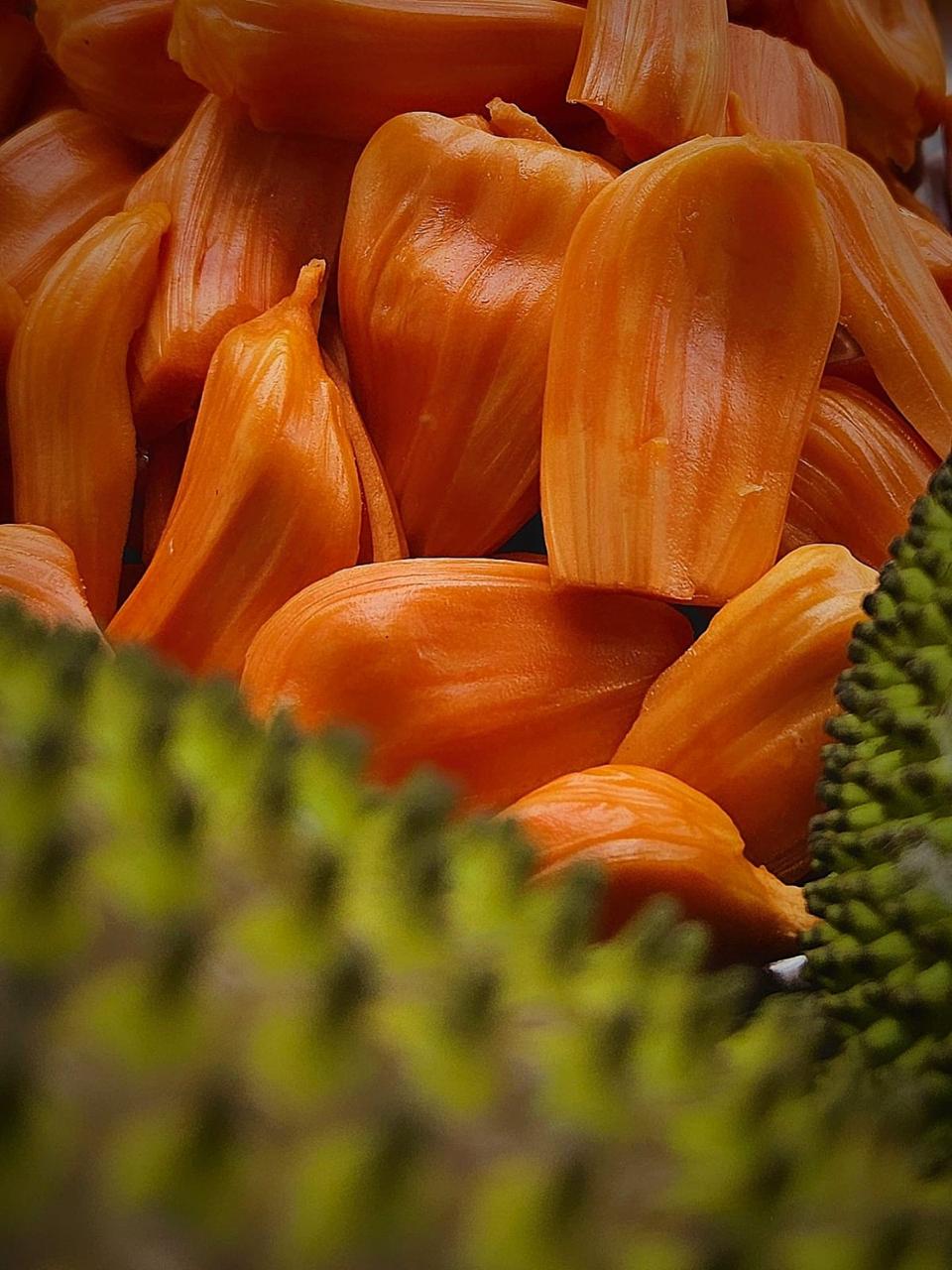Our Journey
K.S. Ashok Kumar
Doddaballapur, Karnataka
In the late 1970s, borewell drilling technology transformed Indian agriculture. Farmers across the Deccan Plateau moved from rain-fed crops to lucrative irrigated farming. But decades of over-extraction sent the water table plunging, with wells now drilled over 2,000 feet in some regions.
K.S. Ashok Kumar, a postgraduate in agriculture, began his career with ambitious investments in drip irrigation, fertigation systems, and greenhouse cultivation. But reality struck hard — in search of water, he drilled 251 borewells on his Doddaballapur farm, many of which sadly ran dry.
“Every dry borewell was a reminder that I needed a different path,” says Ashok.
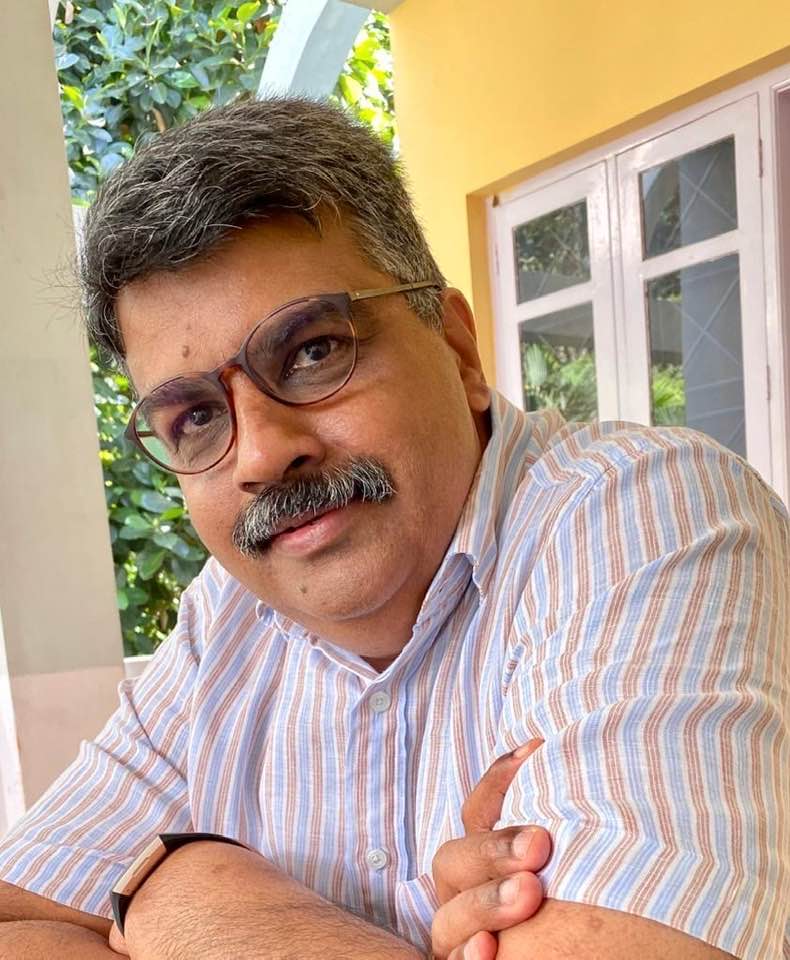
K S Ashok Kumar
Founder
Turning Crisis
into Opportunity
After years of trials and market research, he selected high-value, drought-tolerant crops
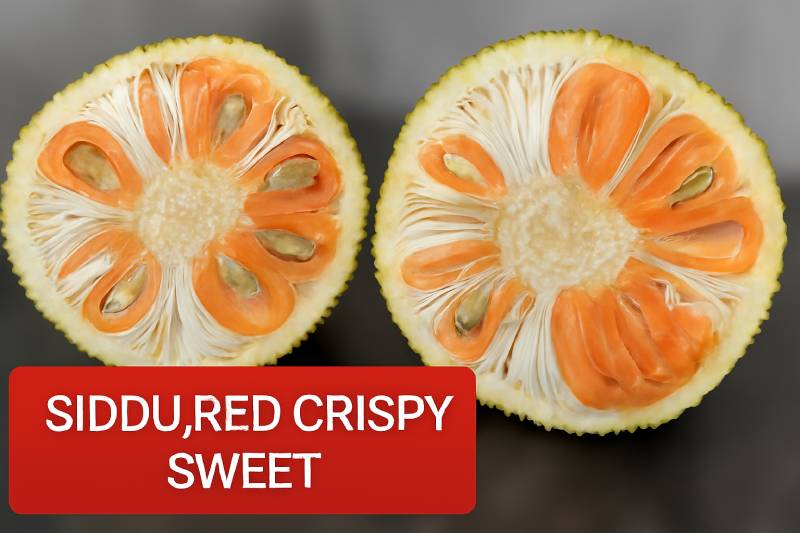
-
Red Jackfruit – prized for color, sweetness, and market demand.
-
Jackfruit as a fiber-rich vegetable – tapping into health-conscious urban markets.
-
Breadfruit – a versatile, underutilized crop.
-
Dryland-suited Avocado – meeting premium segment demand.
-
Animal husbandry added stability, manure for soil health, and year-round income.
Today, Ashok’s 40-hectare integrated farm combines:
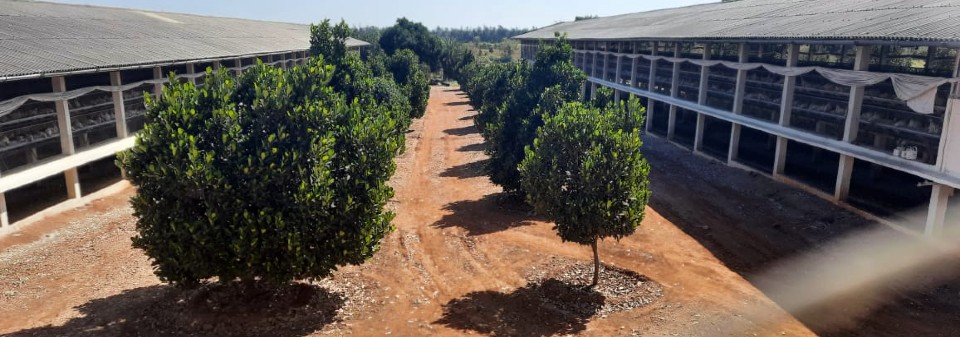
-
Market-driven horticulture adapted to dryland.
-
Livestock integration for income and sustainability.
-
Water-efficient management that works with nature, not against it.
What began as a setback has become a model for resilience. “If those borewells had succeeded, I might never have looked for alternatives,” he reflects.
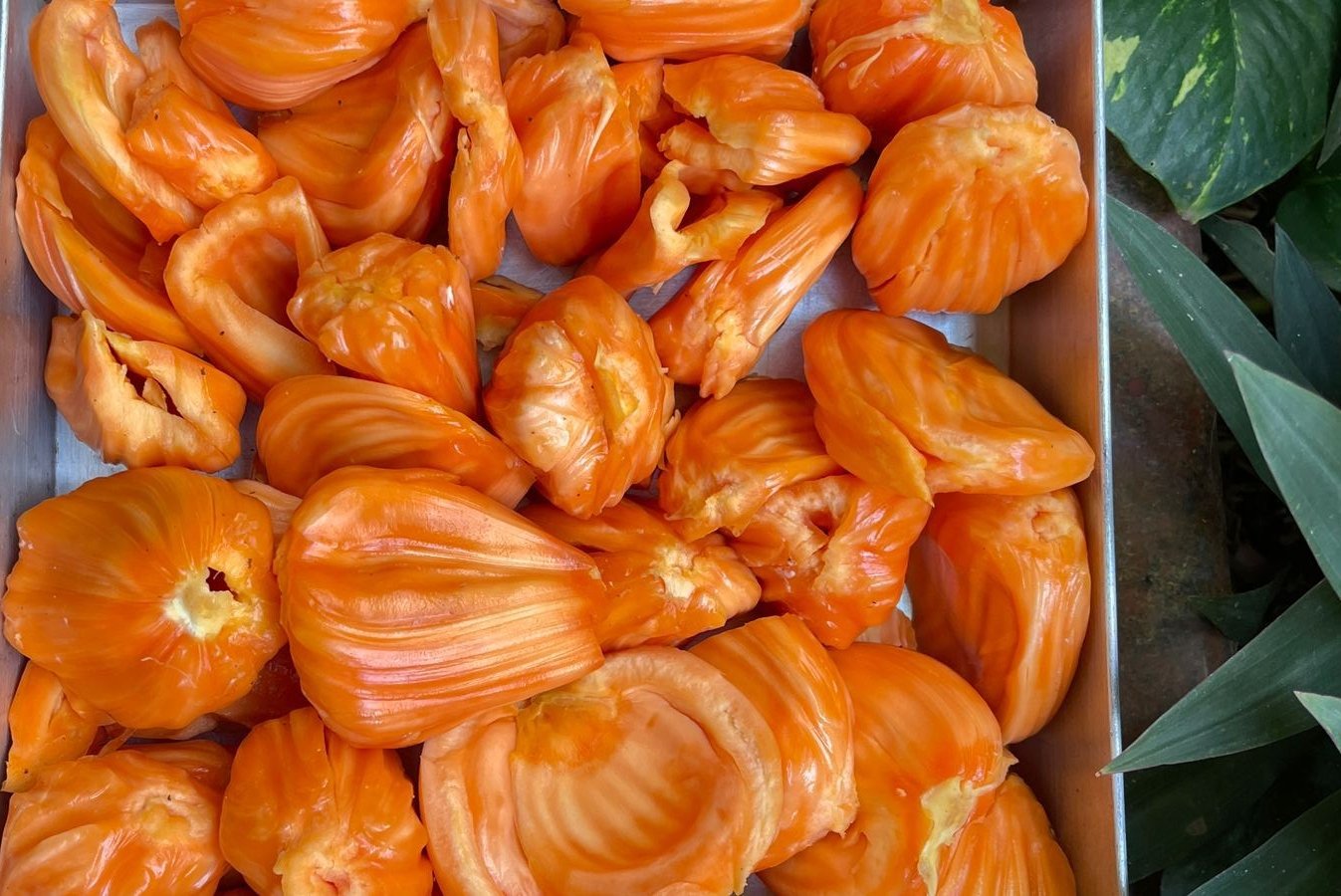
Inspiring the Next Generation
Ashok’s success has attracted farmers, students, and experts eager to learn his methods. His journey sends a clear message: India’s farming future depends not on drilling deeper, but on adapting smarter.

